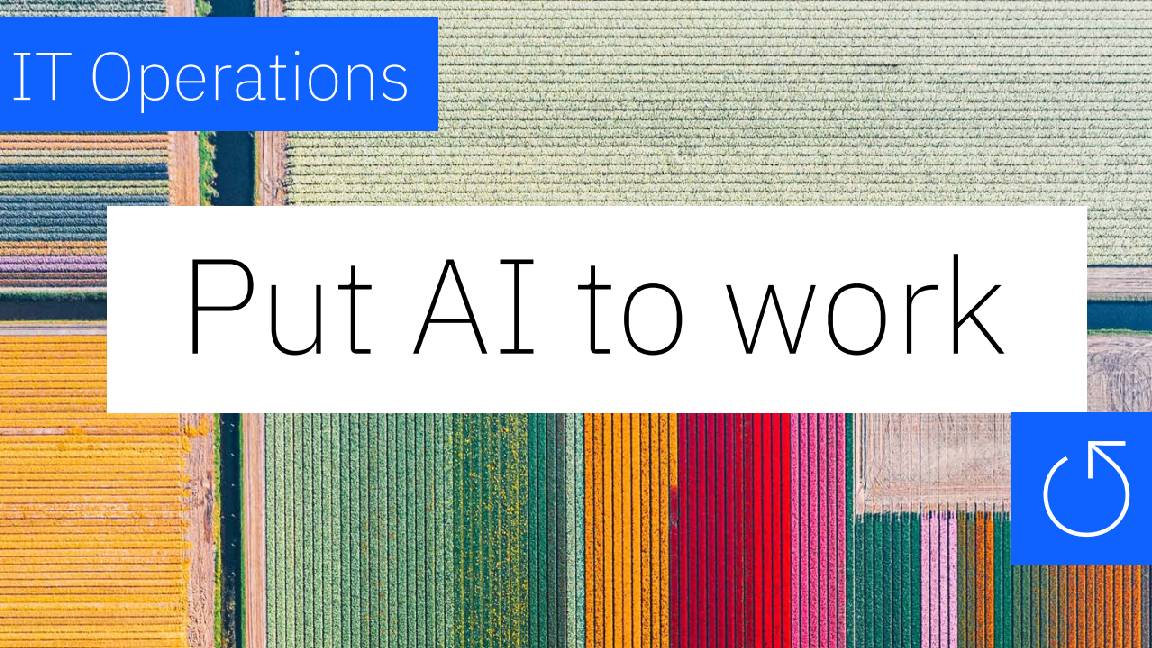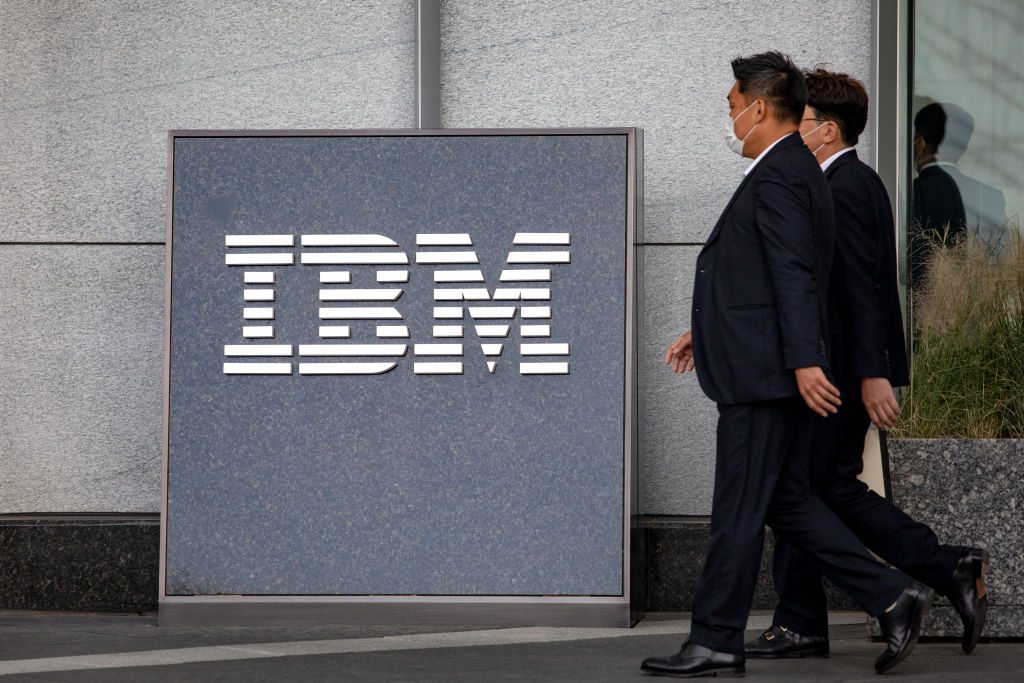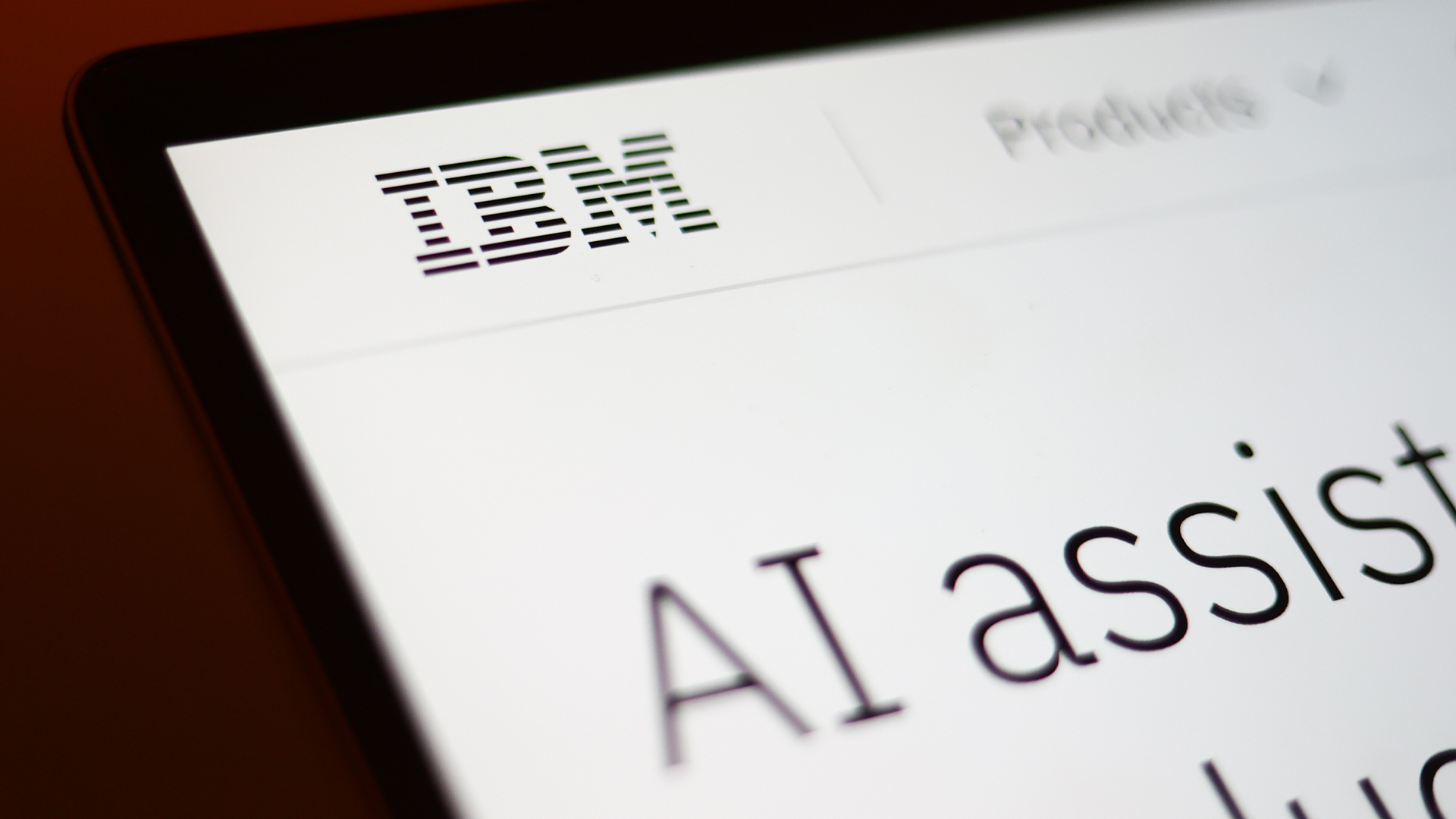University of Southampton unveils £3 million supercomputer
Big-money supercomputer will help boost the university’s research efforts.

The University of Southampton has spent 3 million on what is believed to be one of the world's most powerful supercomputers in a bid to beef up its ability to handle complex computations in research areas such as cancer and climate change.
The IBM-powered supercomputer is said to be capable of 74 trillion calculations per second, thanks to IBM iDataPlex server technology and more than 2,000 Intel Quad Core processors.
"This significant investment will ensure that our researchers have computing facilities to rival the best in the world," said the University's deputy vice chancellor, Professor Philip Nelson, in a statement.
The supercomputer, built and implemented by OCF, will rival the computational power of around 4,000 standard office machines.
"We need extremely high levels of computing power in our work mapping the disease genes implicated in breast cancer, IBD and glaucoma," said Geneticist Professor Andrew Collins, in a statement.
"With the volume of genome data increasing hugely each year, its analysis requires the most highly-sophisticated facilities."
Dr Seth Bullock, director of the university's Complex Systems Simulation Doctoral Training Centre, added: "Using these new facilities we will see simulation modelling used to drive the design of new drugs tested on simulated organisms, to shape our response to climate change, to redesign our transport systems, and even to explore the origins of life on earth. The quality of simulations such as these is becoming crucial in the modern world."
Get the ITPro daily newsletter
Sign up today and you will receive a free copy of our Future Focus 2025 report - the leading guidance on AI, cybersecurity and other IT challenges as per 700+ senior executives
The deal is said to have netted IBM 1.8 million, and will be the first of its kind in the UK public sector.
-
 Bigger salaries, more burnout: Is the CISO role in crisis?
Bigger salaries, more burnout: Is the CISO role in crisis?In-depth CISOs are more stressed than ever before – but why is this and what can be done?
By Kate O'Flaherty Published
-
 Cheap cyber crime kits can be bought on the dark web for less than $25
Cheap cyber crime kits can be bought on the dark web for less than $25News Research from NordVPN shows phishing kits are now widely available on the dark web and via messaging apps like Telegram, and are often selling for less than $25.
By Emma Woollacott Published
-
 Put AI to work for IT operations
Put AI to work for IT operationswhitepaper Reduce the cost and complexity of managing hybrid applications
By ITPro Published
-
 AI in the retail industry is spreading beyond the IT department
AI in the retail industry is spreading beyond the IT departmentNews AI has become a strategic imperative for retailers, delivering marked productivity gains
By Emma Woollacott Published
-
 Maximizing contact center operations with generative AI assistants backed by responsible AI principles
Maximizing contact center operations with generative AI assistants backed by responsible AI principleswhitepaper Reduce the cost and complexity of managing hybrid applications
By ITPro Published
-
 Gaining timely insights with AI inferencing at the edge
Gaining timely insights with AI inferencing at the edgeWhitepaper Business differentiation in an AI-everywhere era
By ITPro Published
-
 Scaling AI from pilot to production: Maximize AI impact with HPE & Intel
Scaling AI from pilot to production: Maximize AI impact with HPE & IntelWhitepaper Transform AI proof-of-concepts into full-scale implementations
By ITPro Published
-
 IBM just launched powerful new open source AI models – here’s what you need to know
IBM just launched powerful new open source AI models – here’s what you need to knowNews Available under the Apache 2.0 license, IBM's Granite 3.0 models are trained on enterprise data and can out-perform the competition
By Emma Woollacott Published
-
 Achieving business outcomes with generative AI
Achieving business outcomes with generative AIWebinar Take your hybrid cloud journey to the next level with generative AI
By ITPro Published
-
 Wimbledon’s new Catch Me Up AI feature promises to keep fans up to date at the tournament – after it irons out some of the wrinkles
Wimbledon’s new Catch Me Up AI feature promises to keep fans up to date at the tournament – after it irons out some of the wrinklesNews The latest feature to come out of IBM’s partnership with Wimbledon will keep fans engaged from the early stages right through to the final with dynamic player insights
By Solomon Klappholz Published